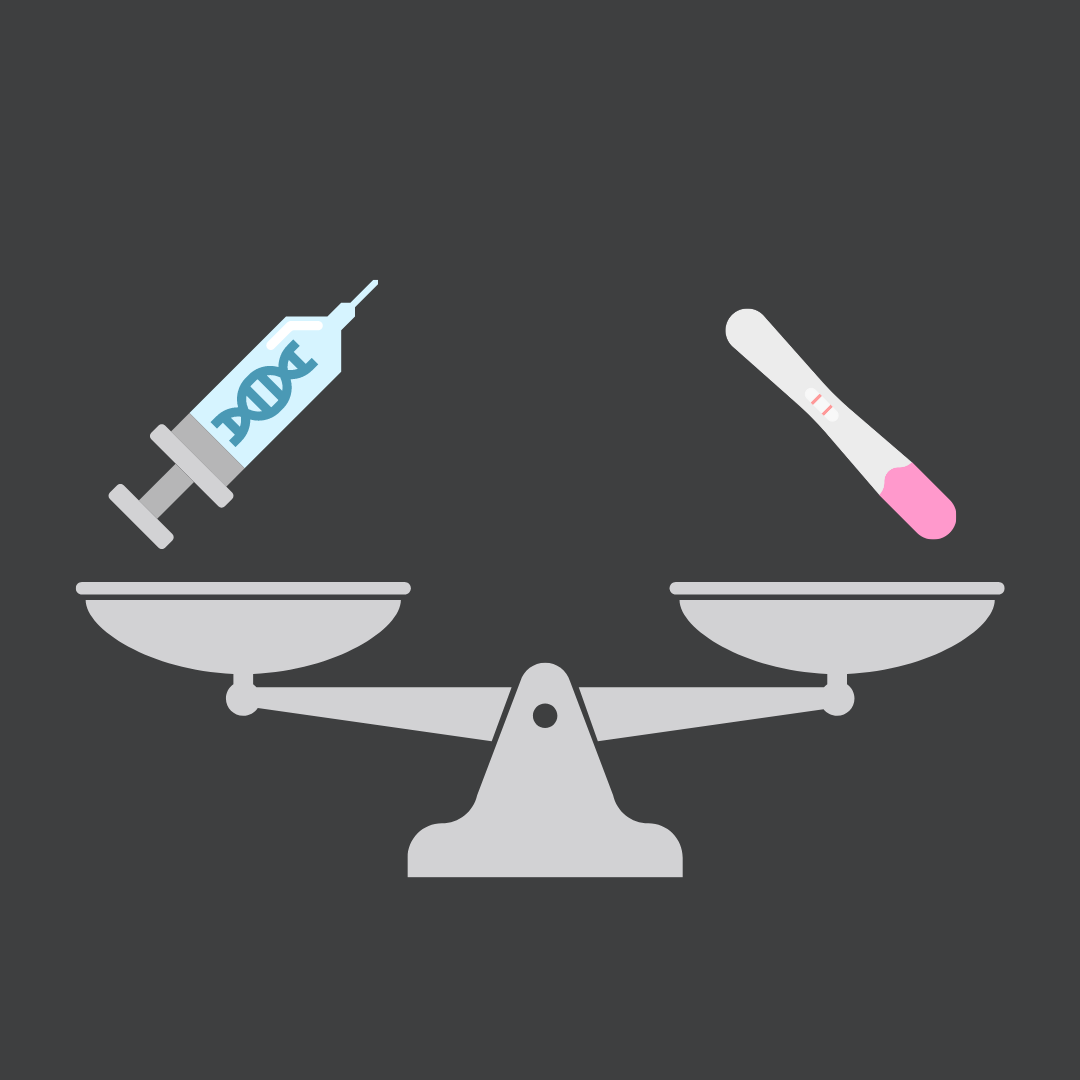Aggregated News

When Celenise Mahmood first learned about two new gene therapies that could cure sickle cell disease, she felt a wave of relief.
Her 9-year-old son, Navid, has the inherited blood disorder. By age 5, he’d had over 30 life-saving blood transfusions. He has also lost hearing in his left ear. Though he’s too young to get the treatments now — eligible patients must be 12 or older — Celenise began to imagine a brighter future for him.
But then she learned about a significant drawback: Patients who undergo the therapies must take a toxic drug that can leave them infertile. Unless they're able to freeze their reproductive cells, a costly proposition, they’re forced to choose between freedom from a painful lifelong condition and having children someday.
“I feel very apprehensive about going forward with the therapy,” Mahmood said. “I’d hate to be the one to make that choice for him, and he can’t start a family in the future.”
The risk of infertility threatens to limit how many people get the new treatments: one from Bluebird Bio Inc. and another...



